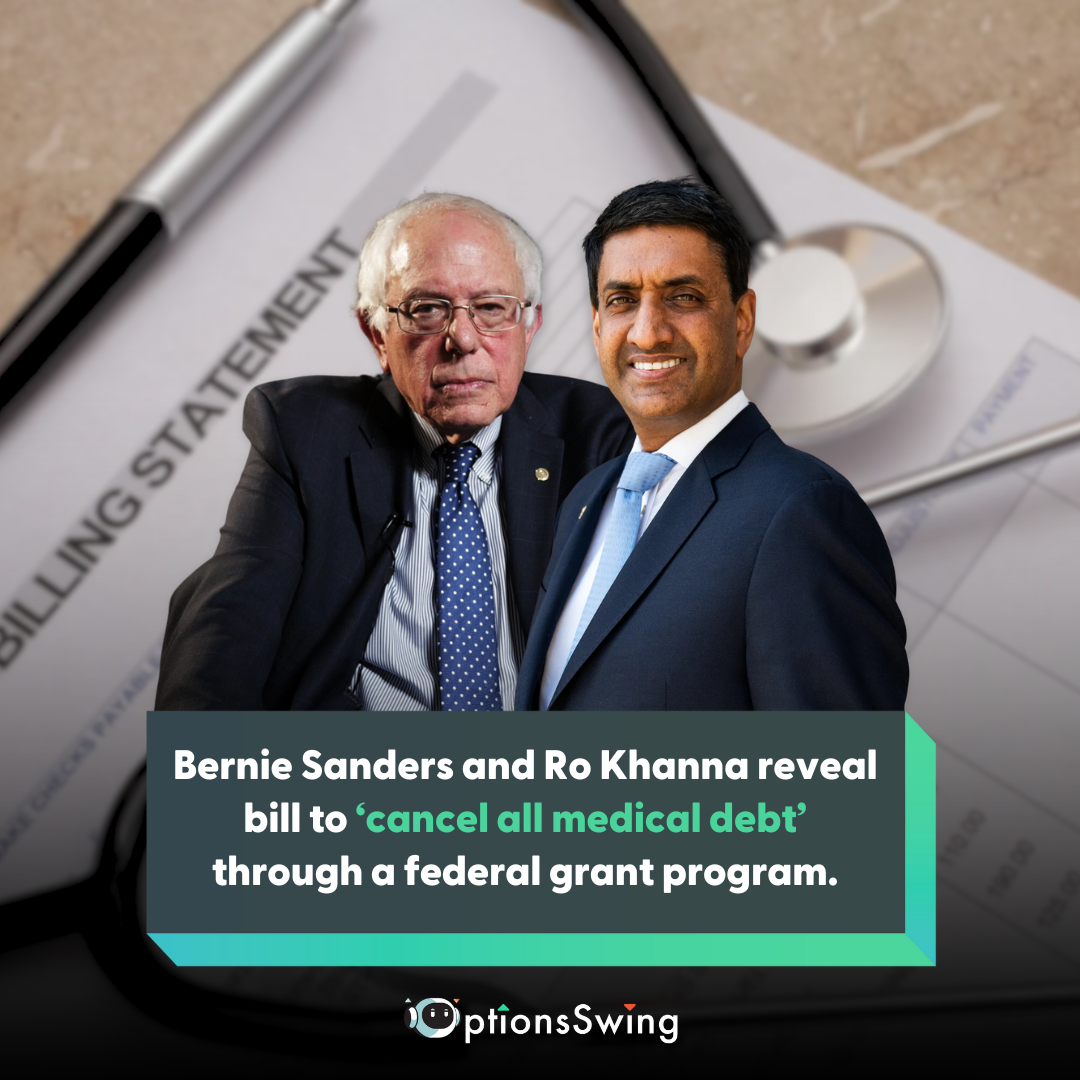The groundbreaking bill by Bernie Sanders and Ro Khanna will abolish medical debt in America. Learn how this legislation could transform healthcare and offer financial relief to millions.


This legislation, supported by Senator Jeff Merkley and Congresswoman Rashida Tlaib, could heavily change the country's financial and healthcare situation. The proposed bill would erase any patient debt and change current laws to prevent creditors from pursuing owed medical bills. This includes updates to the Fair Debt Collection Practices Act and changes to the Consumer Credit Reporting Act, promising that unpaid medical bills do not impact patients' credit histories, an addition that will help those most affected.
Sanders, a long-time advocate for healthcare reform, emphasizes that in a nation as wealthy as the United States, no person should face bankruptcy due to medical expenses. These sentiments were also echoed by Khanna, who has encountered numerous Americans drowning in high medical expenses, often leading to financial disaster.
"I've met people who say they're just resigned to having this debt ruin their credit, and they don't pay it, but they have this kind of harassment and anxiety while they're dealing with a chronic condition like cancer or diabetes," Khanna said. "The number of stories people share about this has really startled me."
The legislation's introduction comes when healthcare remains a top concern for Americans, mainly as medical debt unfairly affects marginalized communities. Studies show that those with disabilities and Black Americans carry a higher burden of medical debt compared to other demographics.
While the bill is gathering support from the public, with a YouGov survey indicating a 66% approval rate, its successful journey through Congress is unlikely. The Republican majority in the House could bring significant hurdles to the bill's passage.
The push for medical debt cancellation also aligns with the progressive agenda of ensuring healthcare as a human right and speaks strongly with younger voters. As the political climate heats up ahead of the November elections, healthcare reforms and financial security dominate the conversations, likely influencing voter turnout and party loyalty as well as how the educated youth will vote.
Joe Biden continues to lead Donald Trump among likely voters under 30 years old, according to a Harvard Kennedy School Institute of Politics survey conducted in March. Still, only 44% of the president's young supporters say they are enthusiastic supporters. On the other hand, 76% of the young supporters of the former president reported a high level of enthusiasm for the candidate.
Khanna believes that before November, the youth can be energized with the Medical Debt Cancellation Act. According to a Harvard IOP survey, healthcare is one of the two priorities of 59% of younger voters, only slightly ahead of inflation.
This legislation is important in the ongoing healthcare affordability debate in America. As lawmakers look to understand the bill's complexities, the people watch closely, hoping for a future free from medical debt.